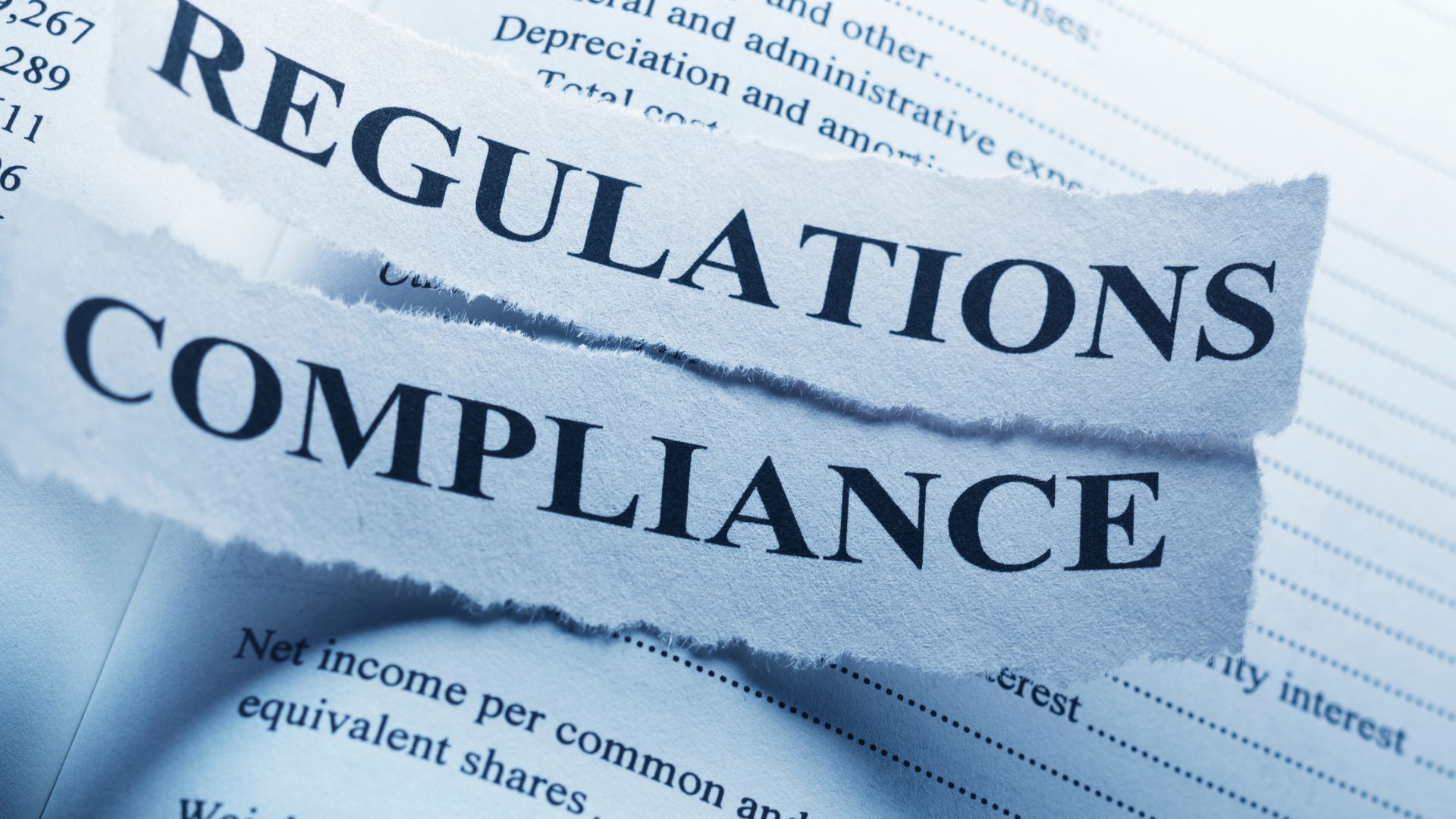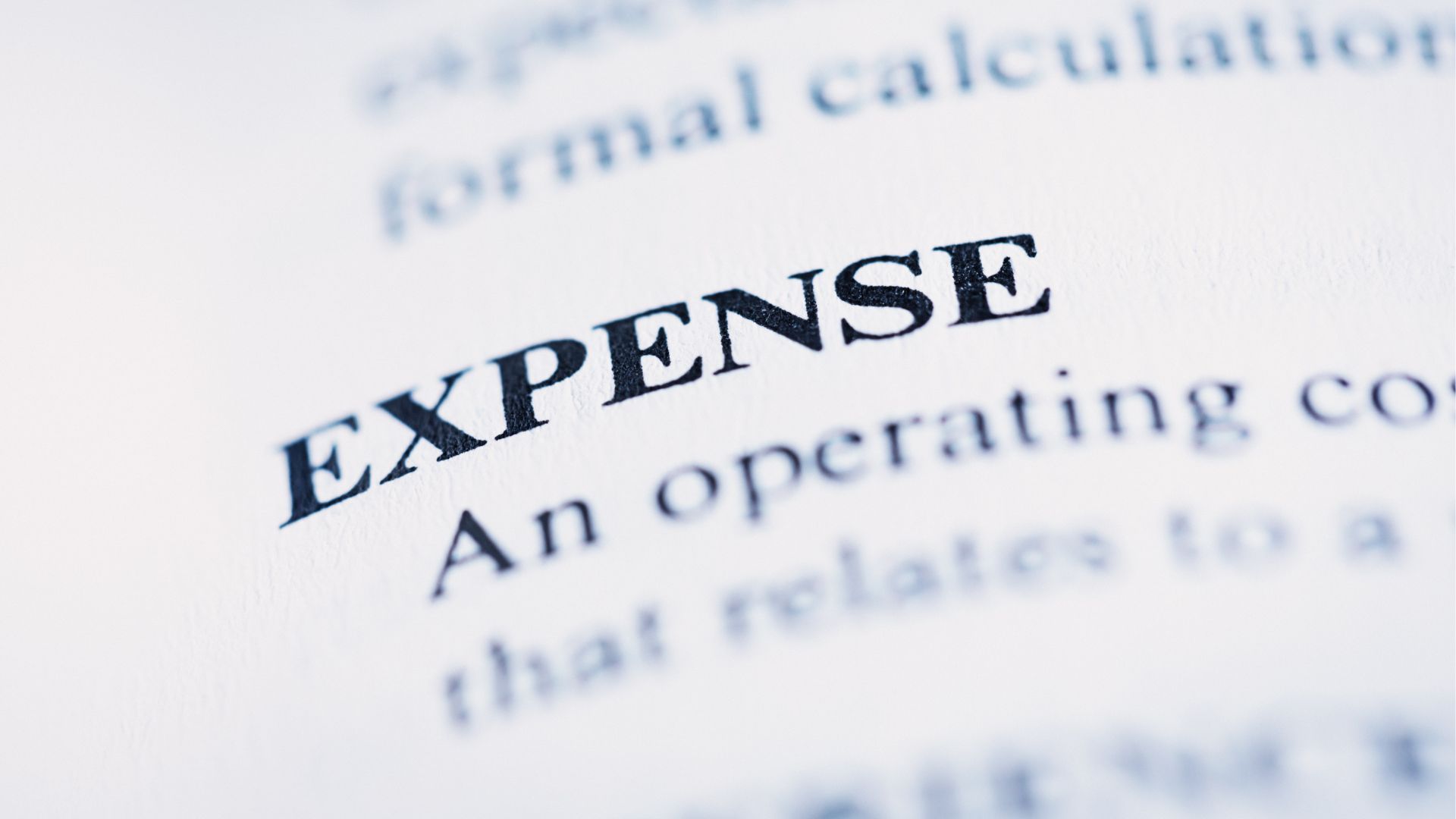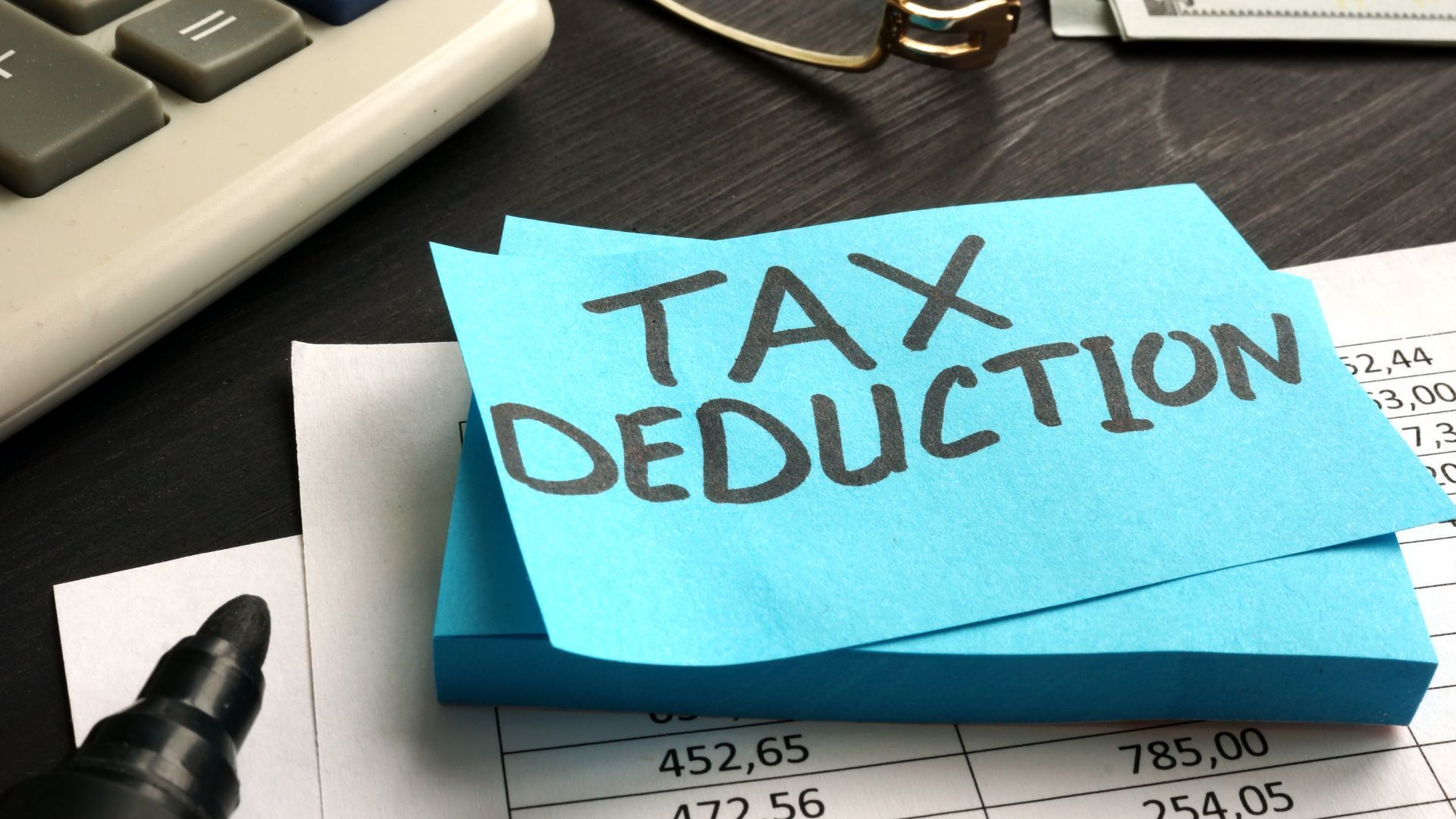Annual Accounts and Expense Reports
What Contractors Need to Know
Setting up a limited company for contracting is an exciting time. It signals that your business has grown into a success, and that you’re ready to take the next step on your contracting journey. But, along with the excitement, comes a handful of new responsibilities. When you’re a limited company contractor, you need to prioritise your business’ financial health and compliance, especially where accounts and expenses are concerned. One of the main things that you need to do is manage your annual accounts and expense reports.
There’s no denying that annual accounts and expense reports can be daunting, but the experts here at Go Limited are here to help. If you're a limited company contractor, understanding your financial responsibilities is an important part of compliance and business management. Below, we’ve taken a look at what annual accounts and expense reports are, and why they matter once you’ve set up a limited company for contracting.
You have 45 days to return items for a full refund, with or without a receipt. Items must still have their original tags.
You have 45 days to return items for a full refund, with or without a receipt. Items must still have their original tags.
You have 45 days to return items for a full refund, with or without a receipt. Items must still have their original tags.
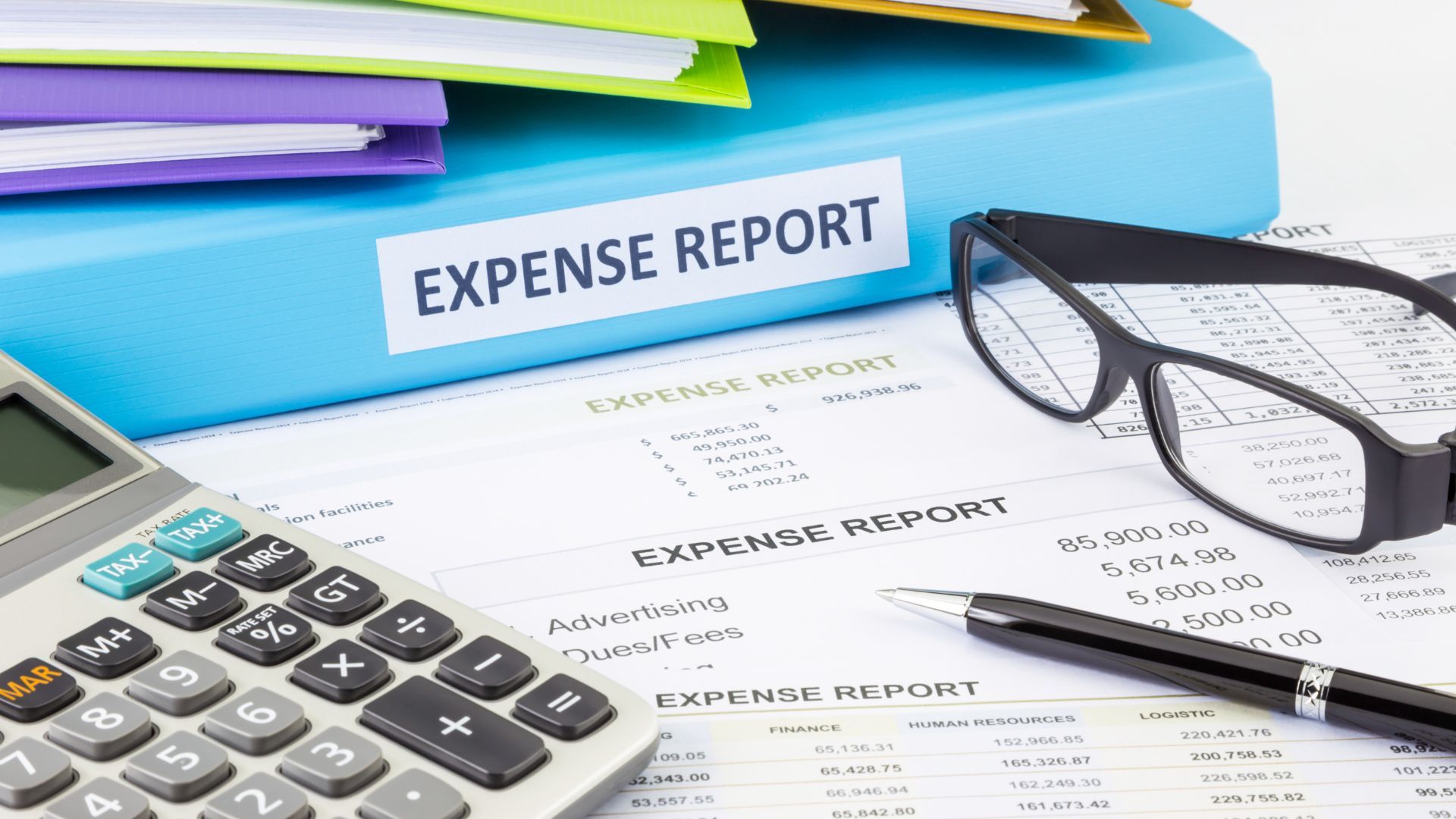
What Are Annual Accounts for Limited Company Contractors?
There’s a lot to do as a limited company contractor, one of which is keeping annual accounts. These are financial statements that you need to prepare at the end of each financial year, and they’re one of the main responsibilities that come with setting up a limited company for contracting. Annual accounts provide an overview of the financial position of your limited company, showing how it’s performed over the past year. This includes a balance sheet - which details your limited company’s liabilities, assets and equity - and a profit and loss statement, showing your income and expenses for the year.
Regardless of the industry that you work in or the services that you provide, you need to submit your annual accounts to Companies House and HMRC, as part of your tax return. If you don’t, you could be faced with fines, penalties and a lot of avoidable stress. The more organised your annual accounts are, the easier running your limited company will be.
What Are Allowable Expenses for a Limited Company?
There aren’t many businesses out there that don’t incur costs of some sort, even if those costs are minimal. These are called business expenses, and they can actually help to reduce your taxable profits. Limited company allowable expenses can often be deducted from your profits before tax, reducing your overall tax bill and helping to keep more money in the business. However, in order for you to claim tax deductible expenses for a limited company, they must be wholly and exclusively for business purposes. You can’t simply claim for a purchase if the majority of the time that purchase is personally.
There are a whole host of allowable expenses for a limited company, and the ones you can claim depend on your business’ outgoings. If you travel for business purposes - for example, if you travel to meet clients at their workplaces - you can claim for travel, accommodation and mileage. Professional fees are also tax deductible expenses for a limited company, including accountancy services, business insurance and training relevant to your profession. You’re also able to claim limited company allowable expenses for equipment and software - including laptops, printers and software that’s necessary for your work - and the costs of running a home office, if you work from home.
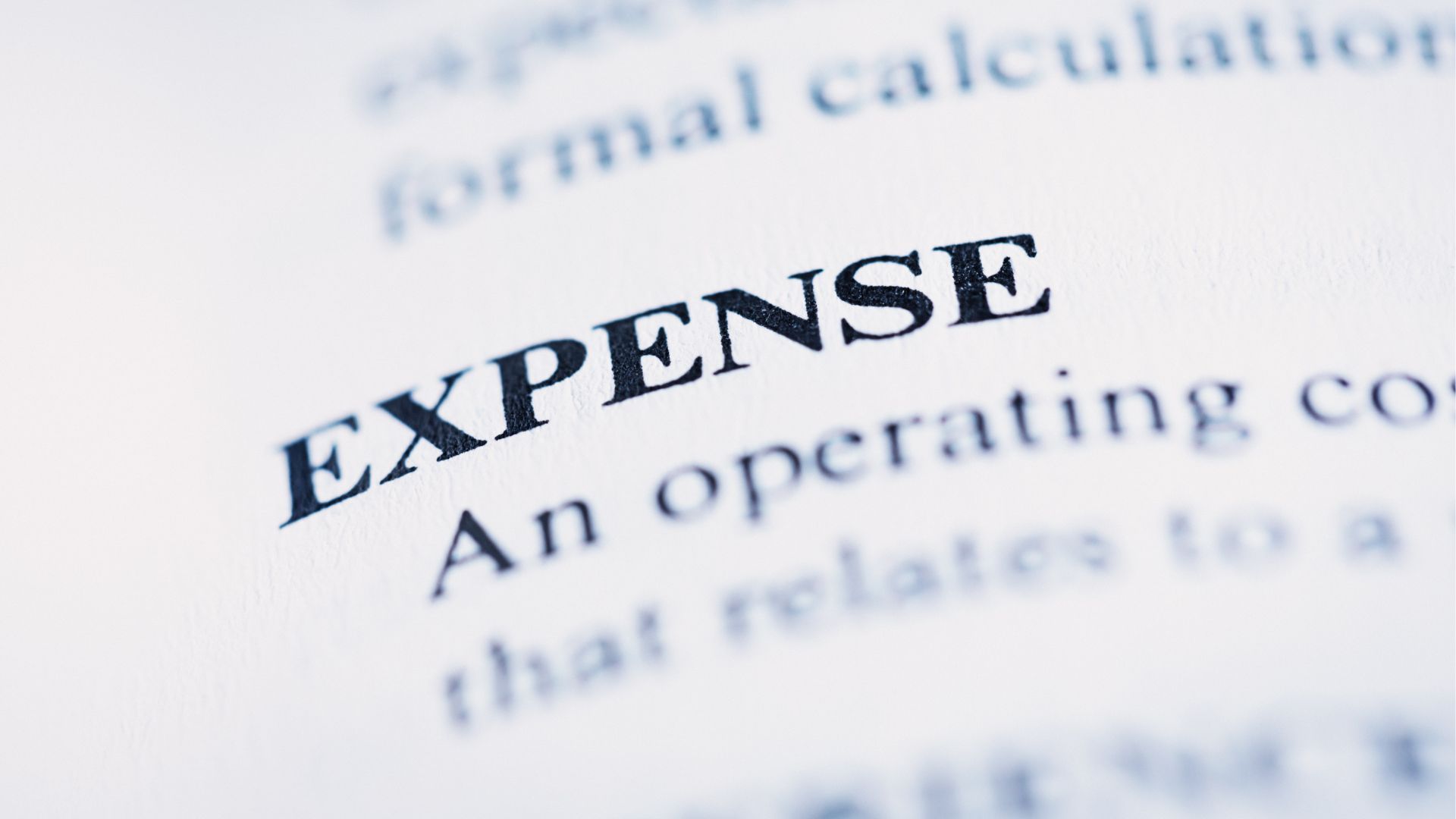
Understanding Expense Reports as a Limited Company Contractor
Along with annual accounts, setting up a limited company means navigating expense reports.
Expense reports are documents that detail your business expenses, and it’s a way to keep track of your limited company allowable expenses, detailing what you spent, where and why. An expense report is there to organise your expenses and make sure that they’re claimed for correctly. For limited company contractors, keeping accurate expense records is a big part of ensuring tax efficiency and compliance. There are risks that come with claiming expenses incorrectly - for example, claiming for an expense that was actually used personally or claiming for things that aren’t allowable, such as entertaining clients - and having things organised reduces the chances of mistakes being made.
There are a handful of things that should be included in an expense report including the date of the expense, what the expense was, the amount you paid, and the supplier or where you made the purchase. You’ll also need to include a copy of the receipt or invoice. All of this information is used to keep an accurate record of your limited company allowable expenses, ready for when tax time comes around. If HMRC questions an expense, this information is used to ‘prove’ what it’s allowable.

Tips for Managing Annual Accounts and Expense Reports
Knowing that you have to keep on top of annual accounts and expense reports can be daunting, but there are things that you can do to simplify things.
- Keep Accurate Records Throughout the Year - Rather than having to track down all of your expenses at the end of the financial year, keep accurate records throughout the year. Leaving things until the last minute can be stressful, and catching up can be time-consuming. Regularly update your accounts and expense records as you go to avoid errors and unnecessary stress.
- Use Cloud Accounting Software - There’s no need to do everything manually, not when cloud accounting software is available. Modern accounting software can automate a lot of the accounts and expenses process, from tracking expenses to generating reports. There are various tools available - like FreeAgent, Xero and QuickBooks - that help you to manage your finances efficiently, ensuring everything is in order when it’s time to submit your annual accounts.
- Keep Personal and Business Finances Separate - Having all of your finances together in one place might sound like the simple way of doing things, but it can actually make managing your accounts and tax deductible expenses for a limited company much more complicated. Having a dedicated business bank account makes it much easier to track your income and expenses, enabling you to keep on top of what you’ve spent and why. Mixing personal and business transactions can make accounting complicated and may lead to tax errors. For example, claiming a business expense that was actually for personal use.
- Understand Limited Company Allowable Expenses - Many limited company contractors miss out on tax savings simply because they don’t understand the different expenses that they can claim. This is why it’s important to regularly review HMRC guidelines on what expenses are tax deductible, or consult accountancy services for limited companies to ensure you are making the most of your allowable expenses.
- Store Receipts and Invoices Securely - Regardless of how many expenses you have, you need to keep track of your receipts and invoices. Keeping digital copies of receipts and invoices ensures that you have proof of your expenses, should HMRC want to know more about what you’re claiming for and why.
- Plan for Tax Payments - When you set up a limited company for contracting, you will have various tax payments to make. Corporation tax, VAT and personal tax liabilities can quickly add up, so it’s a good idea to set funds aside throughout the year to help you cover the cost. It’s a good idea to create a separate savings account for tax payments, and then put a percentage of your income aside. This ensures you’ll have enough saved up to pay at the end of the tax year.
- Schedule Regular Financial Reviews - To avoid your accounts and expenses getting away from you, schedule regular reviews. Conducting financial reviews, either monthly or quarterly, can help you identify trends, spot mistakes and ensure that your accounts are in order. This proactive approach can prevent errors and help you make informed business decisions.
- Work With a Limited Company Accountant - Many limited company contractors choose to hire an accountant to help with their annual accounts and expense reports. There are a number of benefits that come with hiring accountants for contractors, such as knowing that your annual accounts are prepared accurately and submitted on time, and knowing that your expense reports are in order. Though it’s possible to manage your own accounts and expenses, having an accountant can help you to avoid costly mistakes. Plus, it gives you more time to focus on other aspects of running your business.
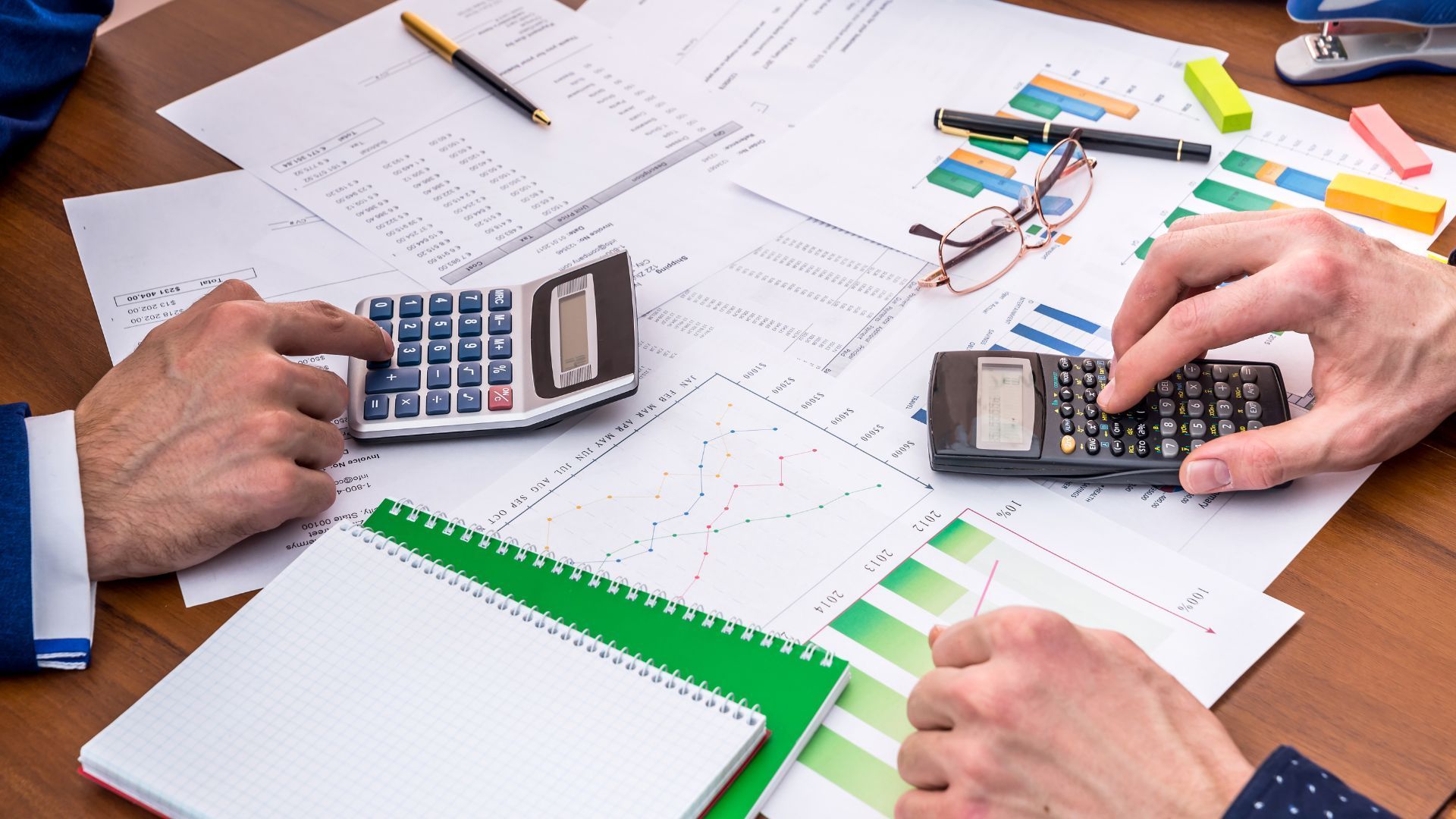
FAQ
What are annual accounts?
Annual accounts are a summary of a company’s financial performance over a year. They typically include a profit and loss statement, a balance sheet, and sometimes a cash flow statement. These reports help businesses track financial health and comply with legal requirements.
Who needs to prepare annual accounts?
All UK limited companies must prepare and file annual accounts with Companies House and HMRC. Sole traders and partnerships do not need to file accounts with Companies House but must keep records for tax purposes.
What is the deadline for submitting annual accounts?
- For private limited companies (Ltd), accounts must be filed with Companies House within 9 months of the financial year-end.
- For HMRC, the deadline for filing company tax returns (which include financial accounts) is 12 months after the end of the financial year.
What is an expense report?
An expense report is a document that records business-related costs incurred by employees or business owners. It helps track spending, claim tax deductions, and ensure proper financial management.
What types of expenses can be included?
Typical business expenses that can be reported include:
- Travel costs (e.g., fuel, train tickets, accommodation)
- Office supplies and equipment
- Business meals and entertainment
- Professional services (e.g., accounting, legal fees)
- Utilities and rent (if working from home or leasing office space)
Can I claim personal expenses?
No, personal expenses cannot be claimed as business expenses. Only costs that are wholly and exclusively for business purposes can be deducted.
Where do I submit my annual accounts?
Annual accounts must be filed with Companies House and HMRC (as part of your company tax return). They can be submitted online or via post.
Do sole traders need to file annual accounts?
No, sole traders do not need to file accounts with Companies House, but they must keep financial records and report income and expenses on their Self Assessment tax return to HMRC.
What happens if I miss the deadline?
Late filing penalties apply:
- Companies House penalties start at £150 for private companies and increase based on delay.
- HMRC penalties vary but start at £100 if a company tax return is up to 3 months late.
Can I claim VAT on expenses?
If your business is VAT-registered, you can reclaim VAT on eligible business expenses, provided you have valid VAT invoices.
How do expense reports affect tax returns?
Claimed business expenses reduce taxable profit, meaning you pay less corporation tax (for companies) or income tax (for sole traders).
What records should I keep?
You should keep invoices, receipts, bank statements, and other financial documents for at least 6 years in case of an HMRC audit.
Do I need an accountant?
While not mandatory, an accountant can help ensure compliance, maximise tax efficiency, and avoid errors in financial reporting.
How can I simplify managing expenses?
Using accounting software or expense management tools can help track expenses, generate reports, and reduce administrative work.

At Go Limited, we know how overwhelming annual accounts and expense reports can be, but we also know that staying on top of them is essential for running a compliant, successful tax-efficient limited company. Keeping accurate records, understanding allowable expenses and working with professional accountancy services can make financial management much easier.


